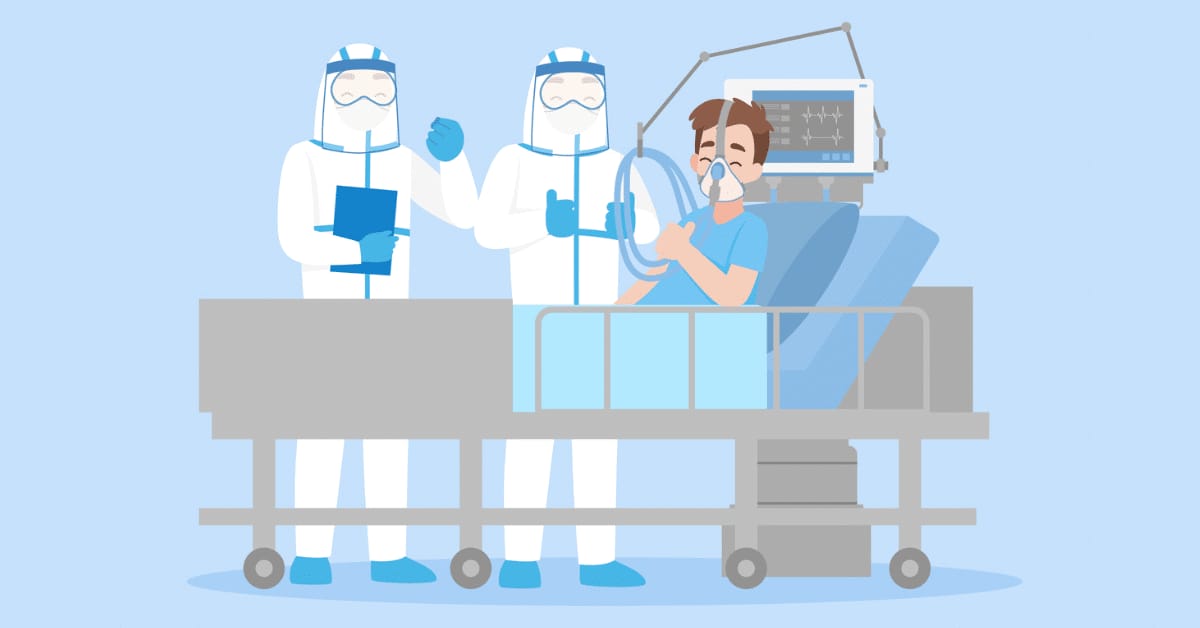
A Respiratory Technology course provides a promising and essential career path within the healthcare industry. Respiratory therapists (RTs), who complete such programs, are vital members of healthcare teams, specializing in the assessment, treatment, and management of patients with respiratory disorders. Here's an overview of the scope of a Respiratory Technology course:
- Critical Role in Healthcare:RT’s play a crucial role in diagnosing and treating various respiratory conditions, such as asthma, chronic obstructive pulmonary disease (COPD), and respiratory distress syndrome
- Diverse Work Settings: Graduates can work in a variety of healthcare settings, including hospitals, clinics, home healthcare, rehabilitation centers, and long-term care facilities. The versatility of their skills ensures a wide range of job opportunities.
- High Demand:The demand for respiratory therapists is on the rise due to factors like an aging population, increased respiratory conditions, and the ongoing impact of respiratory illnesses like COVID-19.
- Competitive Salaries:Respiratory therapists typically receive competitive salaries, and experienced RTs may have opportunities for salary growth and specialization in areas such as neonatal or pediatric care.
- Technological Advancements:As respiratory technology continues to evolve, RTs must stay updated with the latest equipment and treatment modalities, making it a dynamic and evolving field.
- Patient Care: RTs work directly with patients, assessing their conditions, developing care plans, and educating them about managing their respiratory health, contributing significantly to patient outcomes
- Interdisciplinary Collaboration:They collaborate closely with physicians, nurses, and other healthcare providers to provide comprehensive care to patients with respiratory issues.
- Continuing Education:RTs are encouraged to pursue continuing education to stay current with advances in respiratory care, opening up opportunities for career advancement and specialization.

 9606080651/653/654
9606080651/653/654